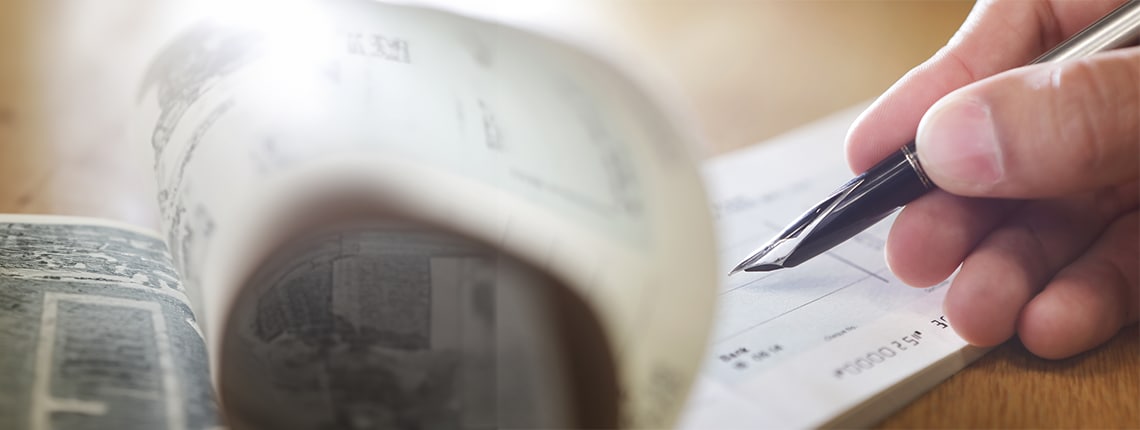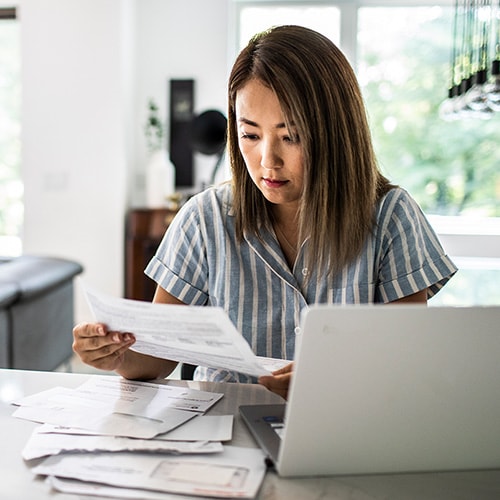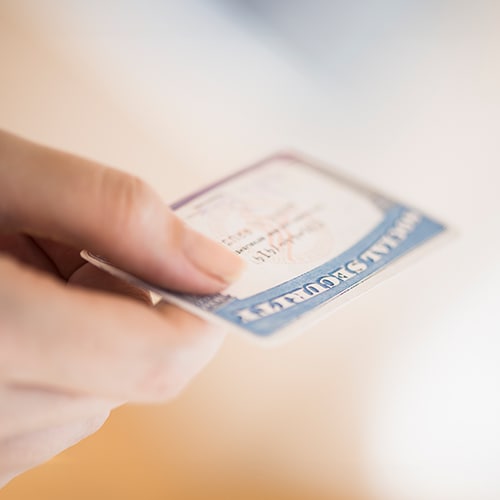Scams can happen to anyone, and just one convincing con can threaten your financial security. This guide explains how fake check scams work, what to expect if you deposit one, and most importantly, how to recover.
What is a check fraud scam?
Check fraud scams are deceptive and rely on trust. A scammer sends a real-looking check, asks you to deposit it, and return part of the money. Once the bank flags it as fake, you're left responsible for the loss.
Fake check scams often show up as:
- “Mystery shopper” gigs
- Online marketplace overpayments
- Fake lottery winnings
- Work-from-home or job offer scams
- Rental scams for vacation homes or apartments
The cost of a fraudulent deposit
So, what actually happens when a bank finds out you deposited a counterfeit check?
Here’s the rough truth: whether you knew it was fake or not, you’re still responsible for the funds.
Consequences can include:
- Your bank reversing the deposit, pulling the money from your account
- Overdraft fees or returned payment charges if you’ve already spent part of it
- Frozen or closed bank accounts
- Credit score damage, especially if you're unable to cover the loss
- In rare cases, legal trouble—though most innocent victims won’t be prosecuted if they cooperate fully
Even if you're not criminally liable, the stress and financial strain can be real.
What to do if you've accidentally deposited a fake check
If your stomach just dropped because this has happened to you—don’t panic. There are steps you can take to protect yourself.
1. Contact your bank immediately. Be honest and share everything you know. Banks are more likely to work with victims who are transparent and proactive.
2. Document everything. Keep records of emails, text messages, and any conversations you’ve had with the scammer.
3. Report it. File a report with:
a. The Federal Trade Commission (FTC)
b. Your local police
c. The U.S. Postal Inspection Service (if it involved mail)
4. Place a fraud alert on your credit reports to protect against identity theft. You can learn how here.
5. Monitor your accounts for unusual activity and consider using identity theft protection going forward.
How to identify fake checks
Fake checks can be pretty convincing—but they’re not perfect. Identifying counterfeit checks helps you steer clear of invalid payments. Here’s how to spot the red flags before it’s too late:
Watermarks and security features:
- Look for watermarks when held up to the light
- Check for microprinting (tiny text that should be crisp and legible)
- Verify any color-shifting ink or security threads
Printing details:
- Blurry logos or mismatched fonts? Not a good sign
- Check that the bank's name and address are accurate
MICR line and routing numbers:
- MICR (magnetic ink character recognition) numbers should be well-aligned and printed with special ink
- Cross-check the routing number with the issuing bank
Context clues:
- Was the amount unusually large?
- Did the sender rush you to deposit it?
Help protect yourself with LifeLock
If you’re reading this and wondering what else might be flying under your radar, you’re not alone. Fake check scams are just one piece of a much larger identity fraud puzzle.
LifeLock helps you stay protected with alerts, recovery support, and tools that watch for threats to your financial and personal information. Whether you’ve already been scammed or want to stay one step ahead, LifeLock has your back.
Editor’s note: Our articles provide educational information. LifeLock offerings may not cover or protect against every type of crime, fraud, or threat we write about.
Related articles
Start your protection,
enroll in minutes.
LifeLock is part of Gen – a global company with a family of trusted brands.
Copyright © 2025 Gen Digital Inc. All rights reserved. Gen trademarks or registered trademarks are property of Gen Digital Inc. or its affiliates. Firefox is a trademark of Mozilla Foundation. Android, Google Chrome, Google Play and the Google Play logo are trademarks of Google, LLC. Mac, iPhone, iPad, Apple and the Apple logo are trademarks of Apple Inc., registered in the U.S. and other countries. App Store is a service mark of Apple Inc. Alexa and all related logos are trademarks of Amazon.com, Inc. or its affiliates. Microsoft and the Window logo are trademarks of Microsoft Corporation in the U.S. and other countries. The Android robot is reproduced or modified from work created and shared by Google and used according to terms described in the Creative Commons 3.0 Attribution License. Other names may be trademarks of their respective owners.




